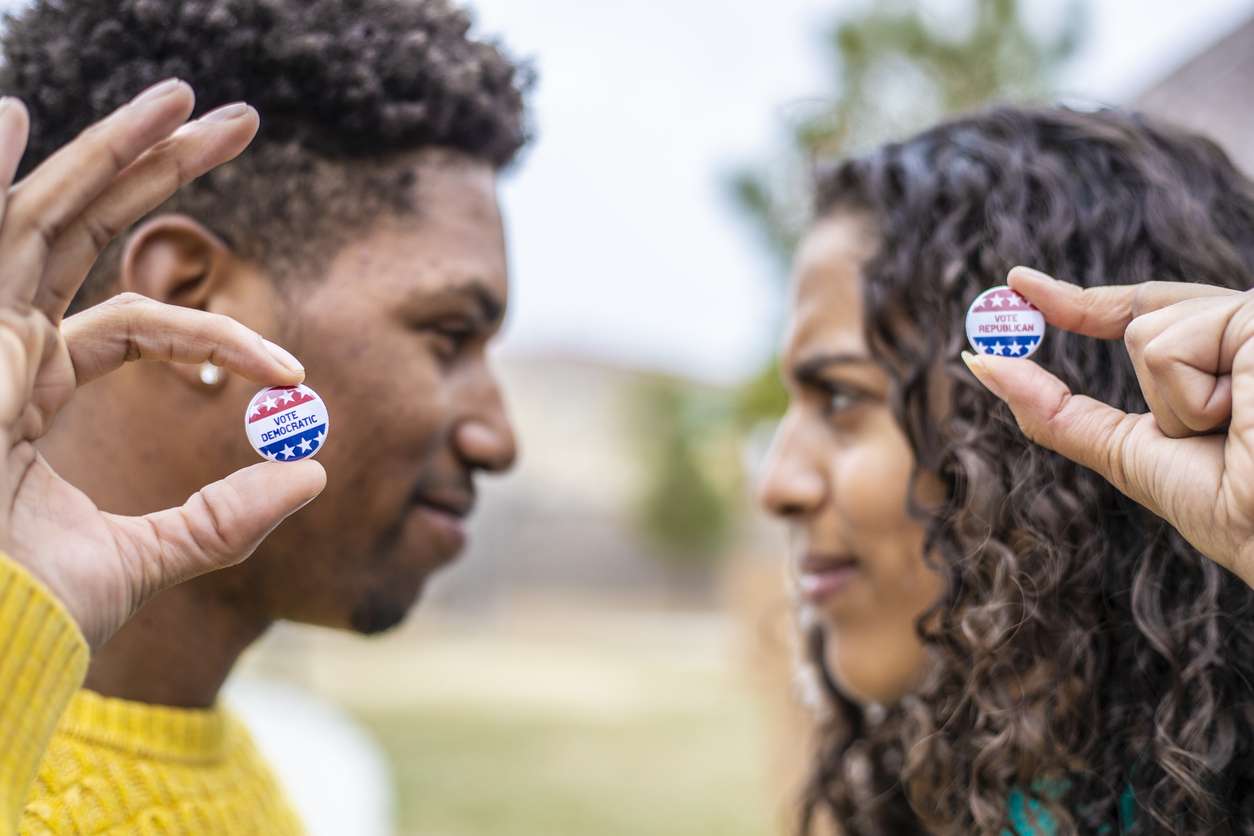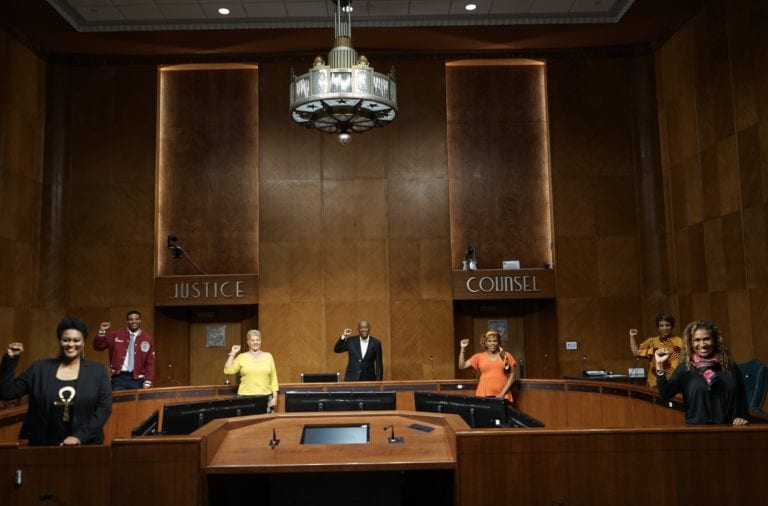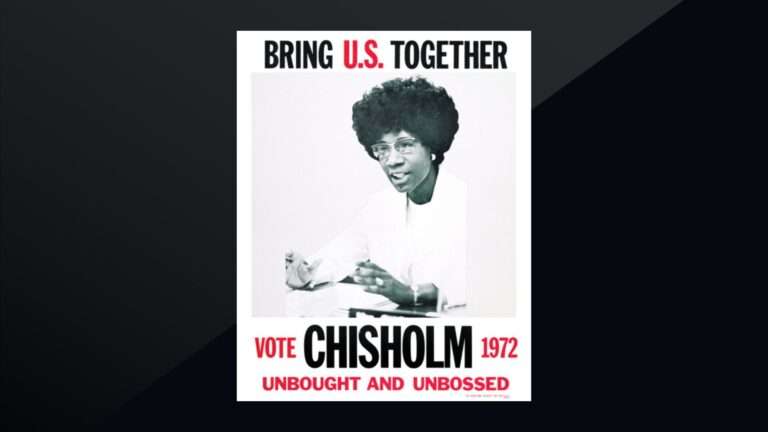In a time marked by significant challenges and pivotal moments, the upcoming election is among the most critical for the Black community. This election isn’t just about choosing a candidate– it’s about shaping the future of policies that directly impact the Black community.
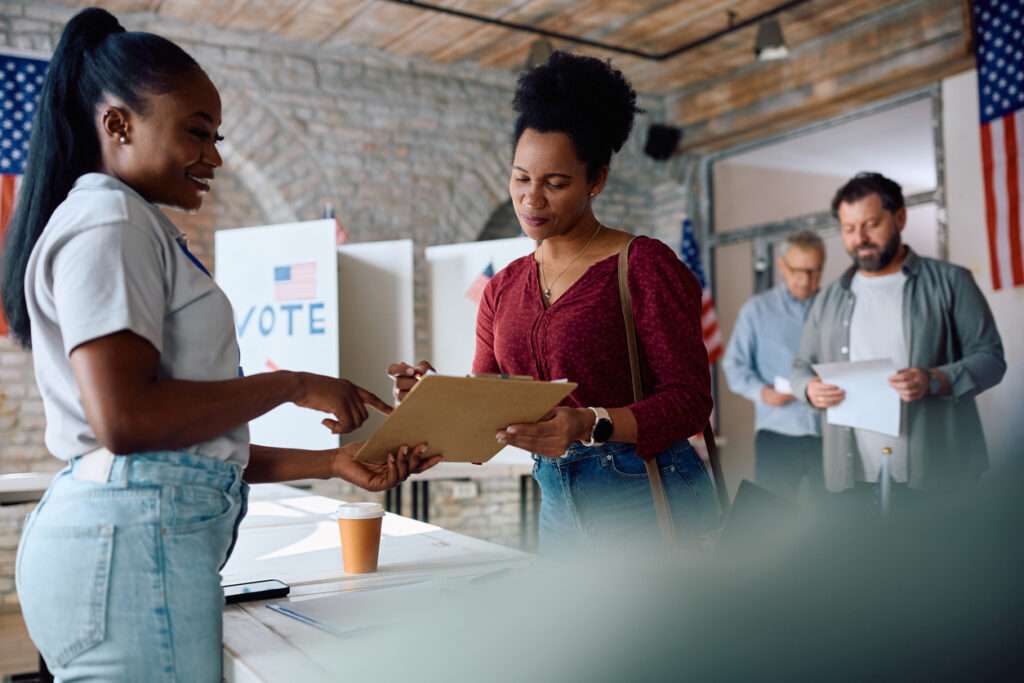
The Importance of Black Voter Turnout
Black voter turnout can sway local elections, influencing policies on policing, health care, education, and housing. Nationally, our votes can impact the presidency, Congressional representation, and Supreme Court appointments. Voting is a key tool for tackling systemic inequalities and driving positive change that uplifts everyone. By not voting, we risk perpetuating systemic injustices.
Statistics on the Black Vote
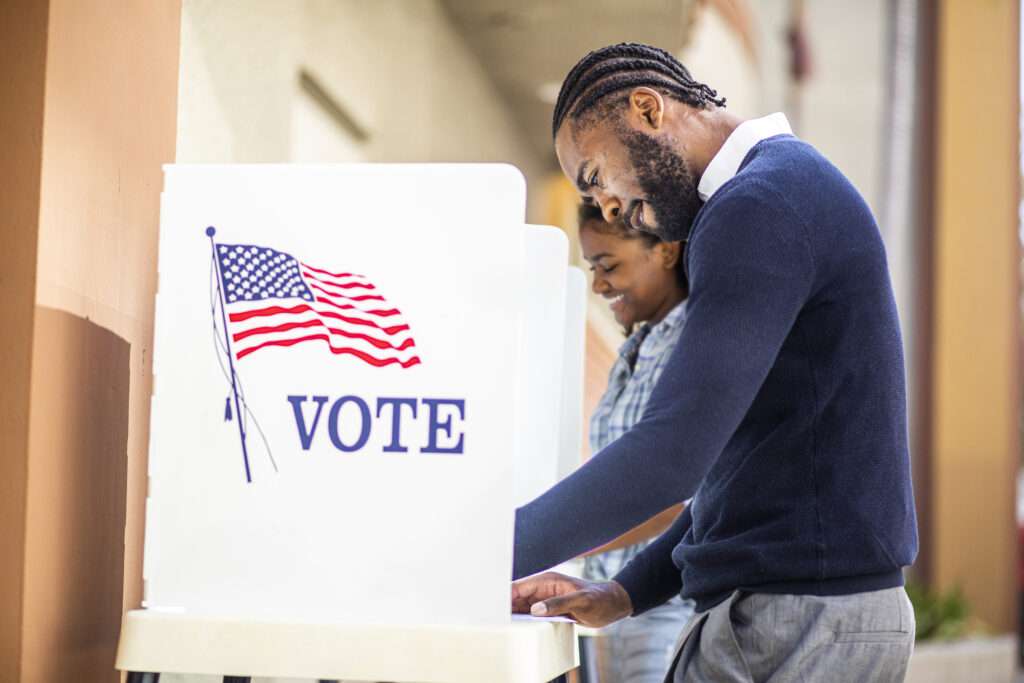
Recent data from the Pew Research Center reveals that Black voters consistently support Democratic candidates, with 93% voting for the party’s U.S. House candidates in 2022. Hispanic and Asian voters also leaned Democratic, though by smaller margins—60% to 39% for Hispanic voters and 68% to 32% for Asian voters.
White Americans tend to vote more consistently than Black, Hispanic, or Asian Americans. While 37% of all eligible voters participated in the 2018, 2020, and 2022 elections, this number rises to 43% for White voters, with only 24% abstaining from all three.
In contrast, voting rates for Black, Hispanic, and Asian Americans are lower. Only 27% of Black, 19% of Hispanic, and 21% of Asian eligible voters cast their ballots in all three recent elections. Hispanic citizens were the least likely to vote, with 47% not participating in any of the last three general elections, followed by 36% of Black and 31% of Asian citizens aged 22 and older in 2022. Greater Black voter turnout is crucial for shaping policies that address the needs of our communities and ensuring our voices are heard in the democratic process.
Barriers to Black Voter Participation
Voter suppression tactics, such as strict ID laws and limited polling places, disproportionately affect Black voters. These barriers are designed to disenfranchise communities of color and diminish our political power. Political disillusionment and feelings of disenfranchisement contribute to voter apathy. Many Black voters feel their votes don’t matter, a sentiment often fueled by years of systemic inequities and unfulfilled promises.
Strategies for Increasing Black Voter Participation
Social media campaigns and voter education programs play a vital role in this effort. Advocating for policies that eliminate voter suppression tactics is crucial. This includes supporting legislation that protects voting rights and ensuring accessible polling locations. Grassroots efforts, such as canvassing, phone banking, and community events, can mobilize voters. Engaging trusted community leaders and organizations can amplify these efforts and drive voter turnout.
Engaging and Mobilizing Young Black Voters
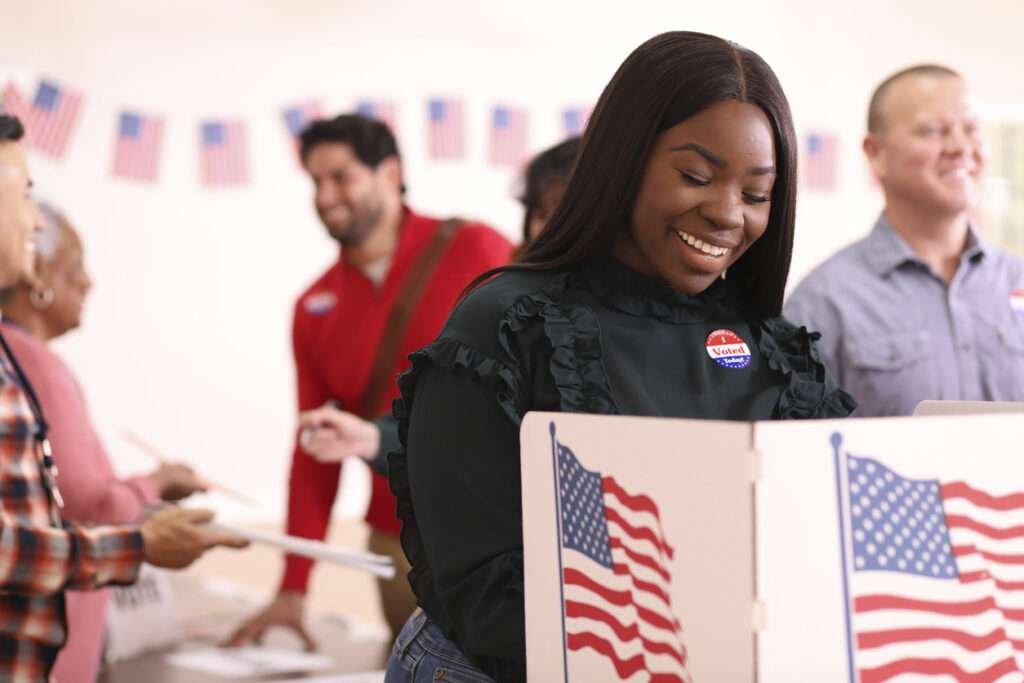
Voter turnout has usually been lowest among people under 25. However, young Black voters turned out in high numbers during the 1960s civil rights movement and again in 2008 during President Obama’s first campaign. Between 2000 and 2012, young Black voters also had higher participation rates than young White voters.
How can we engage and mobilize young Black voters? Create spaces where they can discuss the issues that matter most to them. Partner with organizations already working with young Black audiences to extend your reach. Invite local leaders, activists, and influencers to participate in panel discussions and virtual events. Use social media to connect with young Black voters and encourage them to vote. Host voter registration drives at colleges, churches, and popular venues. Also, consider providing transportation services for early voting and election day to ensure young Black voters can easily access the polls.
Election Showdown: Candidate Strengths and Voter Preferences
Trump leads on economic issues and immigration, while Harris excels in areas like abortion rights and uniting the country. Harris is also seen more favorably in terms of personal traits, being viewed as a good role model, down-to-earth, and honest. The overall support for each candidate has remained stable since August. Trump is popular among White voters, whereas Harris has strong support from Black voters and Asian voters. Latino voters, who were evenly split between Biden and Trump in July, now lean towards Harris.
The power of the Black vote is immense, with the potential to drive positive change and ensure our voices are heard. By actively participating in the democratic process, we honor our history, protect our rights, and shape a brighter future for our communities. As we approach this crucial election, let’s unite, mobilize, and vote for the change we wish to see.
By: Dawn Paul a.k.a. The Dr. Dawn®


